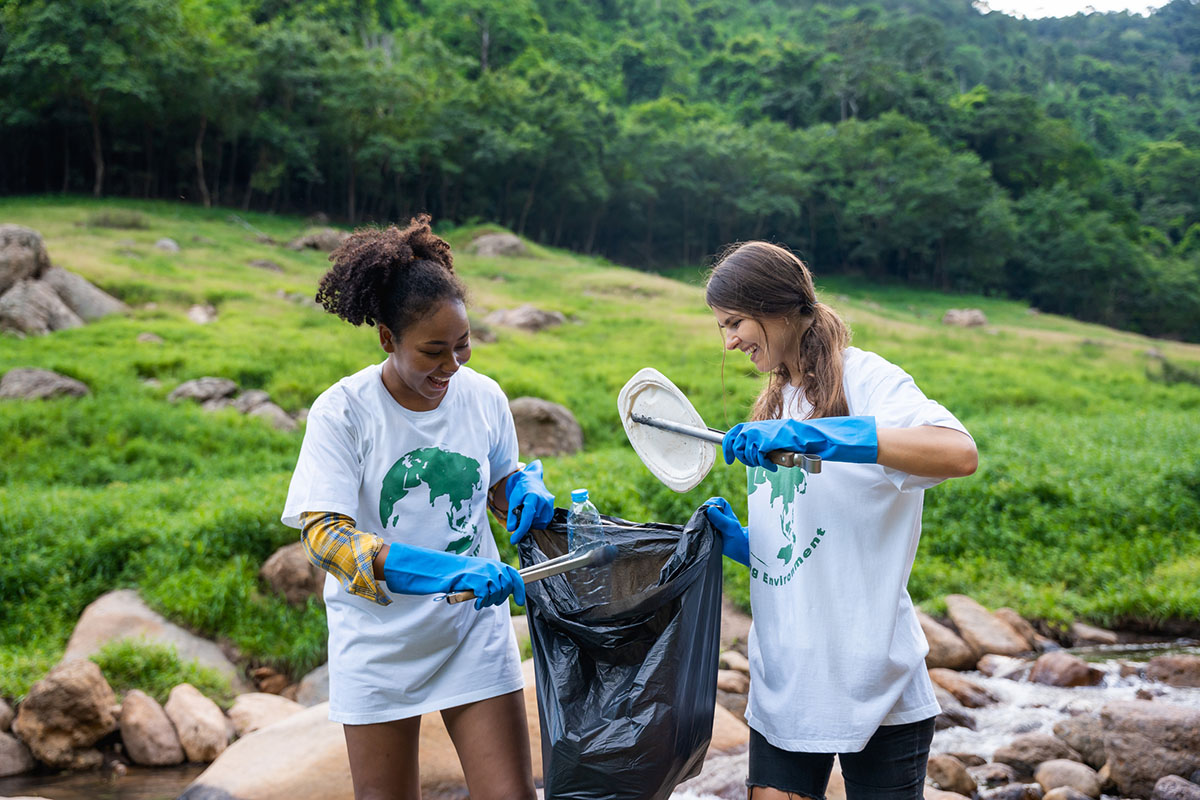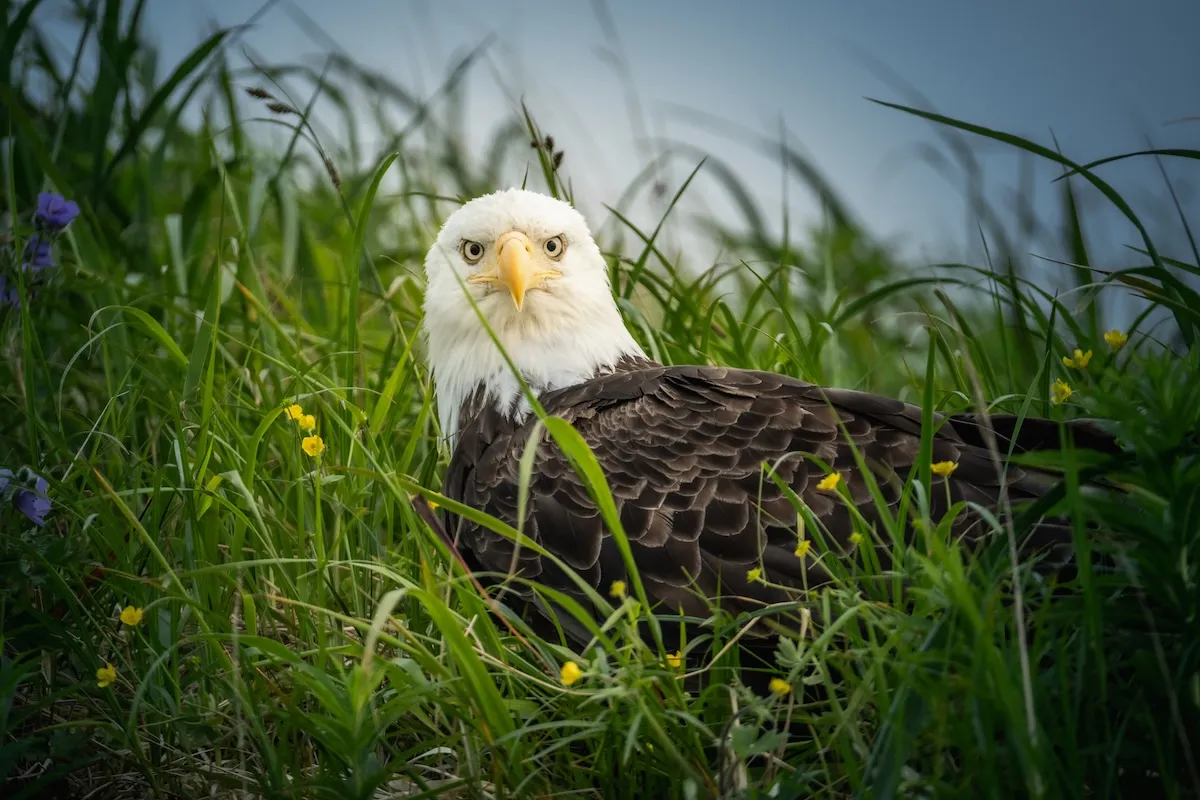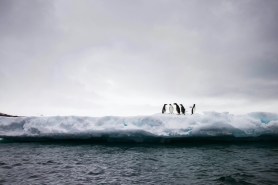

Traveling exposes us to new places, new experiences, new cultures, and new perspectives. While traveling is good for the soul, tourism is not always good for the planet. Purposeful tourism is a thing, though—and maybe it’s a thing that more of us should consider doing.
Videos by Outdoors
Citizen science, in which the public participates in scientific research to address real-world problems, has become increasingly popular with travelers who want to contribute to the places they’re visiting. Here are a few options for getting involved with citizen-science projects when traveling around the world.
Choose an Independent Project

Before traveling, or perhaps even before selecting a destination, familiarize yourself with various citizen-science projects that align with your interests and the locations you plan to or are interested in visiting. iNaturalist and Zooniverse are good websites to find projects you can contribute to independently and without any expert training.
For instance, if you’re traveling to a UNESCO World Heritage site, you can use the iNaturalist app to record observations of flora and fauna and contribute to the World Heritage Natural Site Observations project. By crowdsourcing observations of plants and animals around the world, these projects help scientists collect data that allows them to take the pulse of various habitats and ecosystems.
Participate in a Group Project

If you want to take your citizen-science participation up a notch, you can take part in a group project. In South Africa, for instance, you can visit the Phinda Private Game Reserve to participate in conservation efforts focused on elephants, pangolins, or rhinos alongside trained professionals.
Alternatively, you can hire a tour company that provides wildlife viewing opportunities and participates in citizen-science projects at the same time, like whale-watching companies that collect and publish data about their sightings for the scientific community. This way, you know your money and your group’s observations are enhancing conservation efforts.
Take a Full-on Citizen-Science Holiday

If you’re a really committed ecotourist, you can devote your entire vacation to citizen science. You can stay on a private island in the Caribbean, where your goal is to work with a nonprofit to scuba dive and spear invasive lionfish. You can travel to Antarctica with Intrepid to participate in one of the company’s citizen-science programs, which include documenting marine-mammal sightings and collecting phytoplankton samples from the ocean. You can take an expedition to Churchill in Manitoba, Canada to participate in field and lab research related to climate change in the Arctic. You can even become a shark scientist by going on a shark research expedition to Bimini.










Pingback: Join the Great Backyard Bird Count This Weekend – tube news